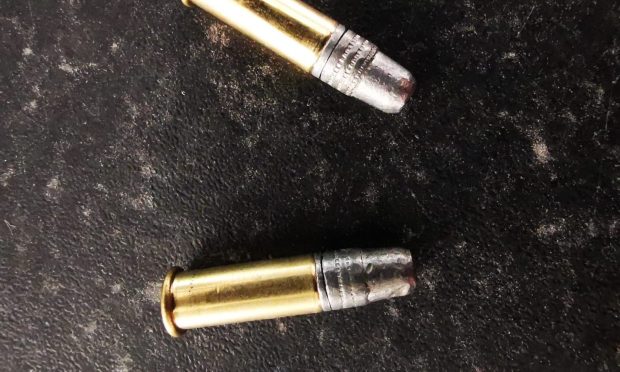A solicitor has denied “fattening up” his own bank account with the savings of a vulnerable pensioner whose finances he controlled.
John Sinclair, a former partner at James and George Collie Solicitors in Aberdeen, is accused of removing £120,000 from accounts belonging to 90-year-old client Dr Doreen Milne.
The 69-year-old lawyer had been granted power of attorney over the woman’s finances following her dementia diagnosis in 2014.
As Sinclair was cross-examined at Aberdeen Sherif Court, fiscal depute Lynne MacVicar put it to him that he repeatedly acted with “extraordinary duplicity” when it came to managing Dr Milne’s money.
She accused Sinclair of draining the OAP’s savings account while she was in the care of a nursing home, in order to enrich himself and pay off outstanding tax debts.
Ms MacVicar claimed Sinclair, who denies all the charges against him, then “fabricated” a handwritten document in a dishonest attempt to cover his tracks.
But in front of a jury, he replied: “No. That is not true”.
The fiscal depute showed jurors bank statements belonging to Sinclair from 2011 to 2012 and 2016 to 2017, which revealed he was often cash poor.
Ms MacVicar claimed this – alongside Sinclair owing £66,000 to HM Revenue and Customs (HMRC) – that he was “up to his eyes in debt”.
Asked how he used the £120,000, Sinclair said he had used it as an agreed “loan” which he intended to repay at 5% above the base rate of interest.
He added that, due to the power of attorney, how he used the money was “up to me” and that he “treated it as an investment in me”.
During her closing speech to jurors, Ms MacVicar said Sinclair had been “entrusted” with the 90-year-old’s money but had used it to “pay his own debts and not in any way to benefit Dr Milne”.
She also claimed he then “concocted and fabricated” a handwritten agreement after he had been “caught out” by colleagues.
Accusing the solicitor of using Dr Milne’s savings “like he was the bank of John Sinclair”, she added: “John Sinclair had embroiled himself in a web of lies.
“The handwritten document was an afterthought and a self-serving mechanism to cover his own back.”
‘You are not judging this case on ethics or morals or propriety’
Sinclair is also accused of repeatedly deleting computer entries in an attempt to defeat the ends of justice.
It’s claimed that Sinclair approached a work colleague and asked him how to permanently delete an “event log” from his firm’s computer system.
During his final speech, Sinclair’s defence solicitor Ian Duguid KC suggested to the jury that the investigation into his client was not conducted by police but “by his own employers”.
He said: “The involvement by police, in this case, is negligible to be almost nonexistent.
“This is an investigation by a bunch of law partners and employees into another of their employees.”
Mr Duguid went on to maintain Sinclair’s claim that he had invested in himself “because he thought he could give [Dr Milne] a better return” than a bank, which he was “legally entitled to do”.
“You are not judging this case on ethics or morals or propriety,” he said. “It’s about whether a crime has been committed.
“Mr Sinclair could invest the money in any way he chooses as long as it’s to the benefit of the person who granted the power of attorney – that cannot be embezzlement.”
The trial, before Sheriff Morag McLaughlin, continues.
For all the latest court cases in Aberdeen as well as crime and breaking incidents, join our Facebook group.











